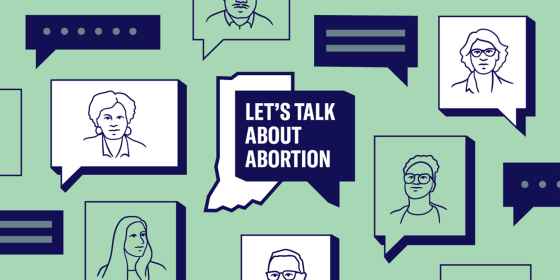During the 1990s police agencies became more aggressive in fighting the war on drugs, which often resulted in threats to individual liberties. In 1998, the Indianapolis Police Department began conducting traffic roadblocks to search for illegal drugs. The city set up checkpoints in neighborhoods with high crime statistics and used dogs to sniff out which cars they would stop to search for drugs. By the time the Indiana Civil Liberties Union (ICLU) won an appeal of a case in federal court on behalf of two men who were searched at a checkpoint, police had stopped 1,161 vehicles and arrested 104 people.
In Indianapolis v. Edmond, the city appealed the case to the Supreme Court of the United States, but the Court rejected the city's tactics and ruled 6-3 that the checkpoints were unconstitutional. The Court drew a line on checkpoint programs whose primary purpose was to detect evidence of ordinary criminal wrongdoing. Such roadblocks, the Court said, must have a specific purpose, such as keeping roadways safe from impaired drivers or enforcing border security.
Writing for the majority, Justice Sandra Day O'Connor said that there would be "little check on the authorities' ability to construct roadblocks for almost any conceivable law enforcement purpose" if the Court allowed the program to continue. Its ruling helped set the boundaries of privacy for the 21st Century under the Fourth Amendment to the U.S. Constitution.

